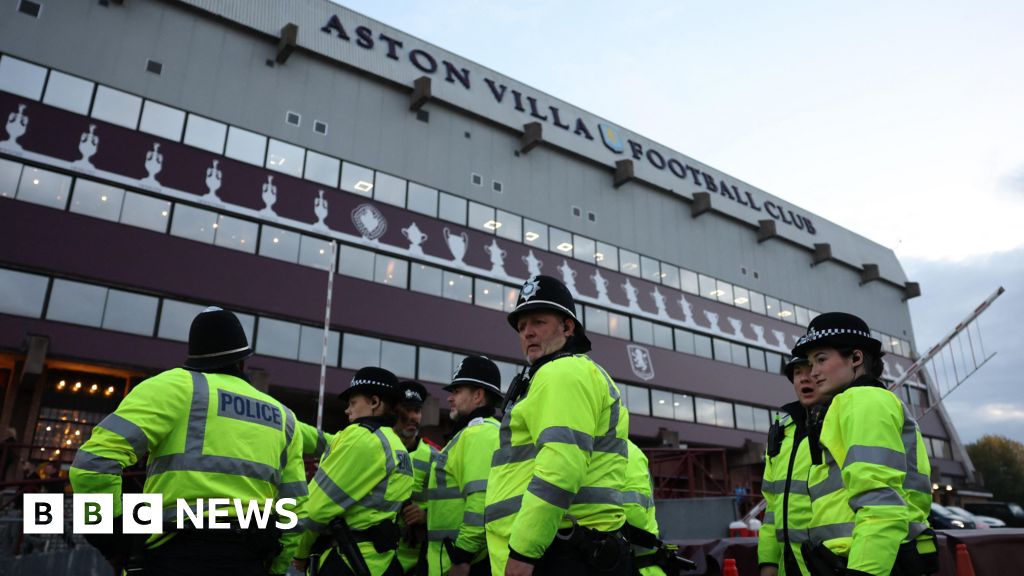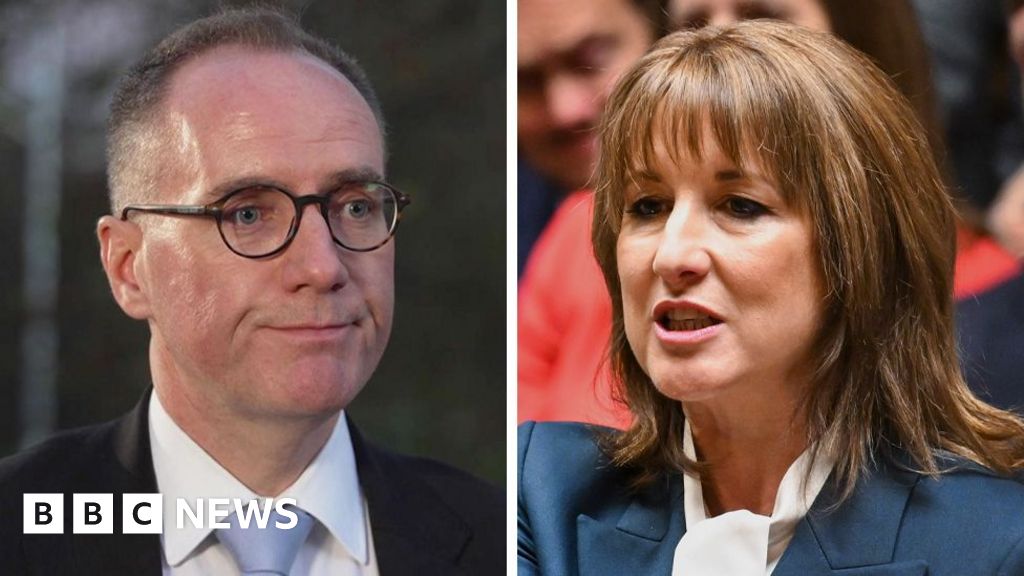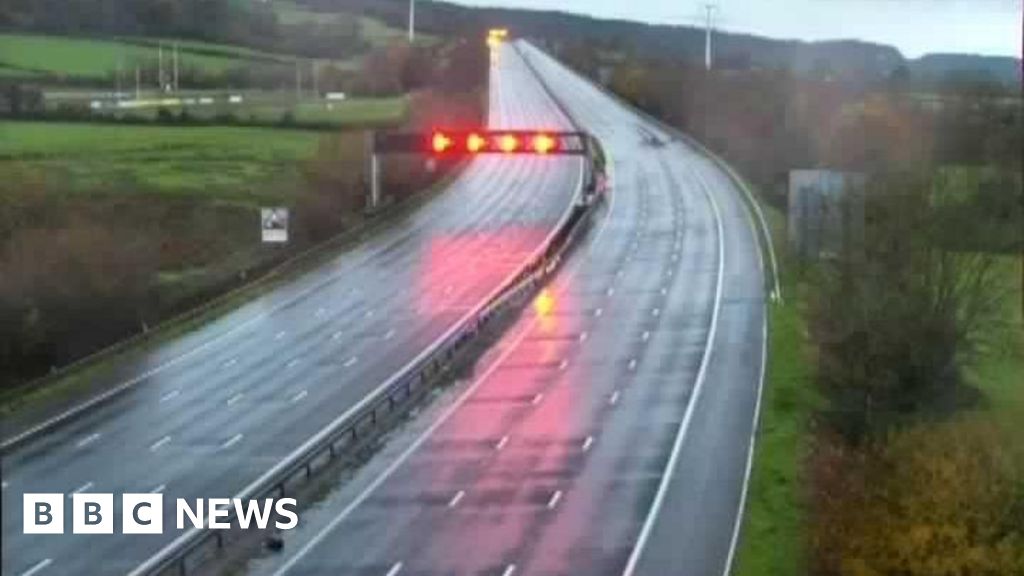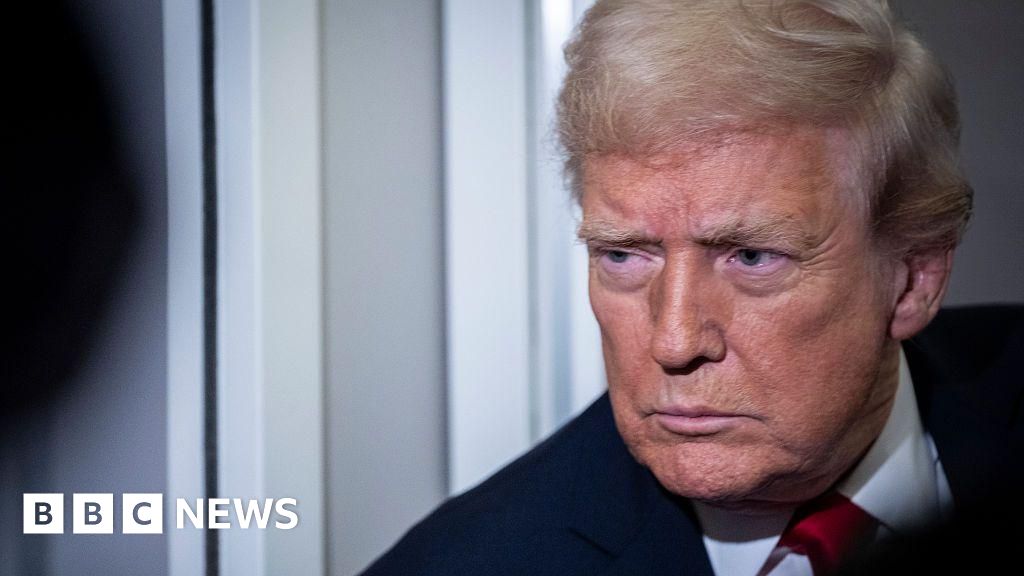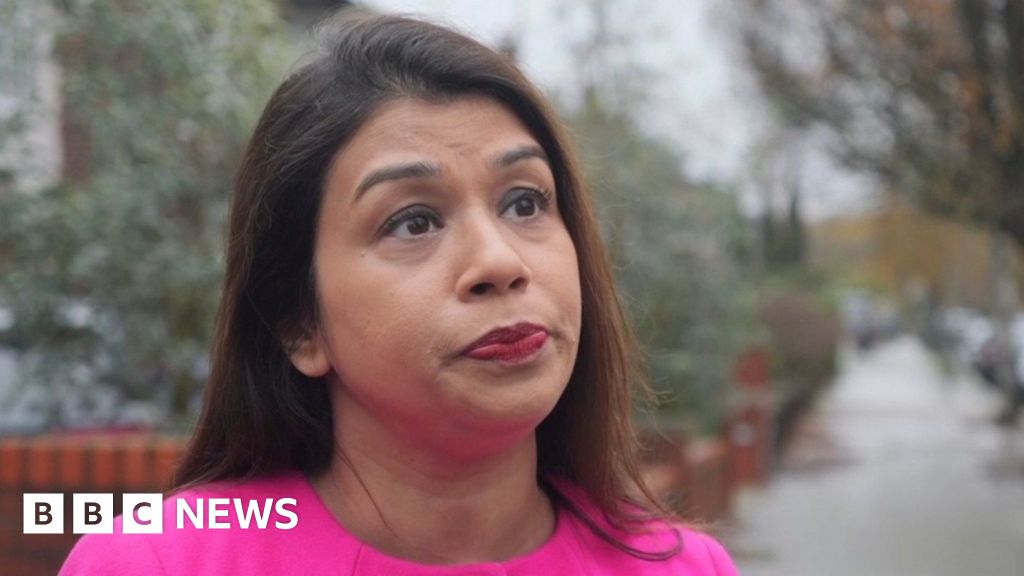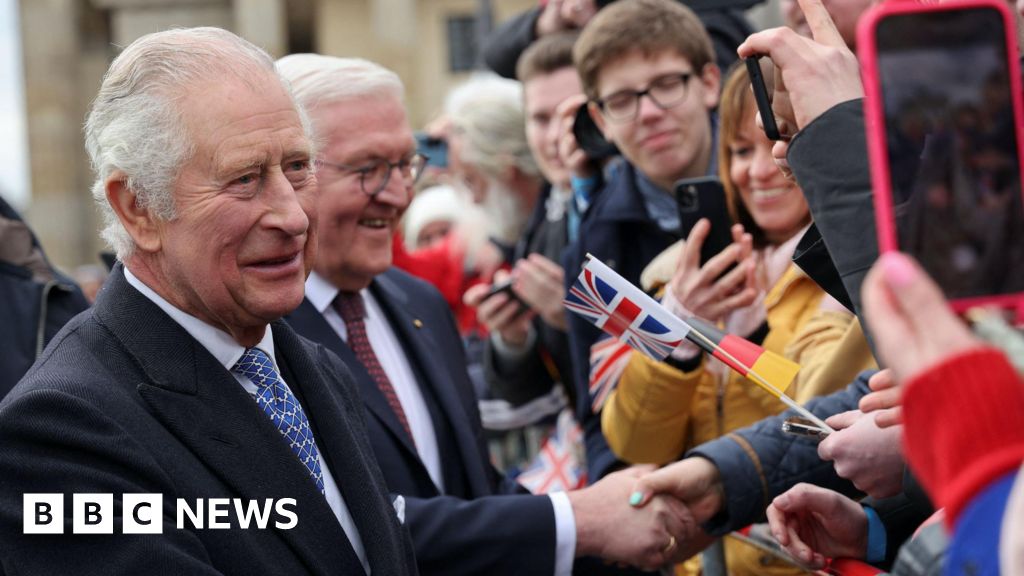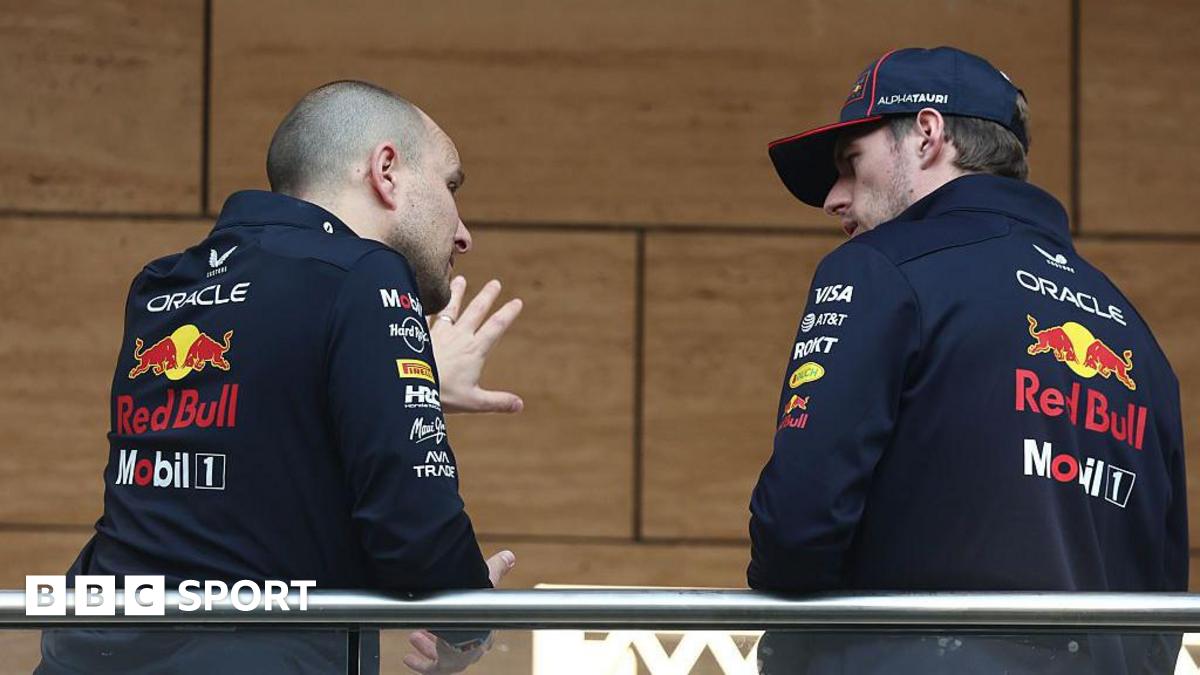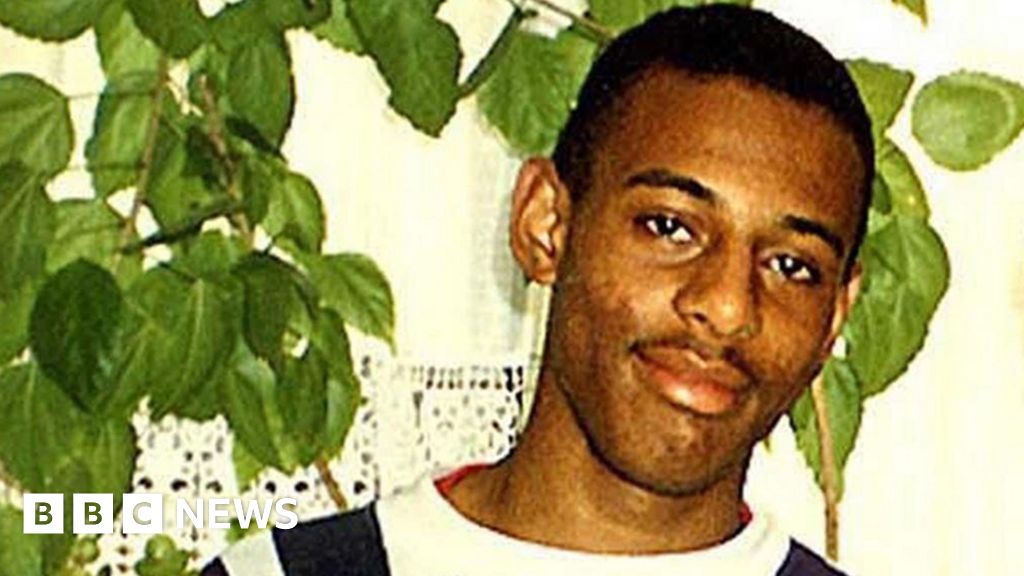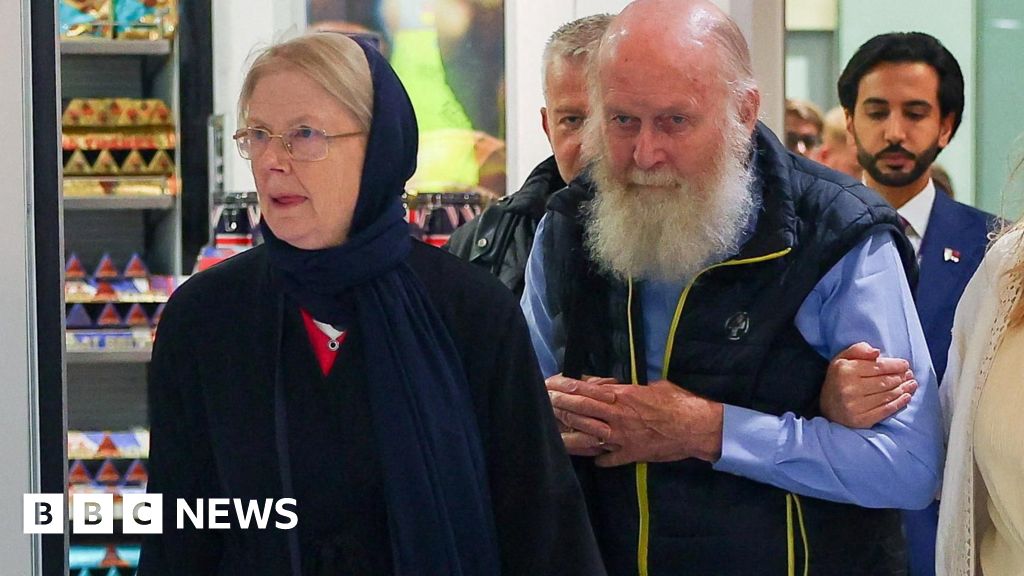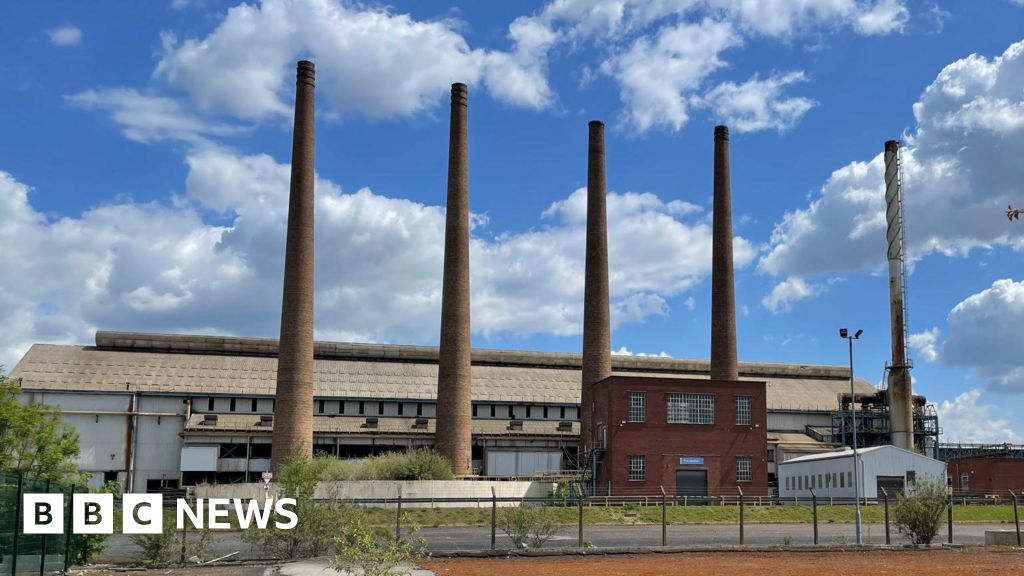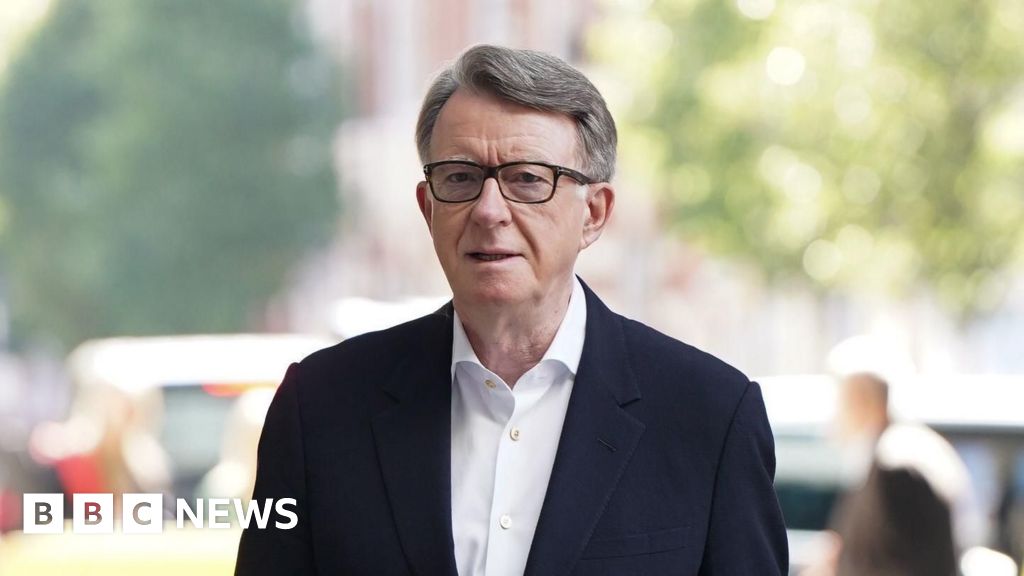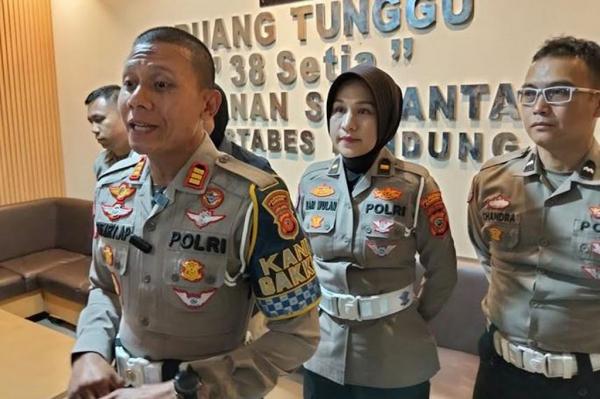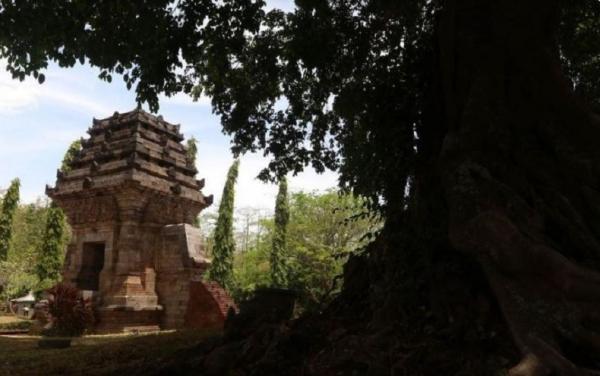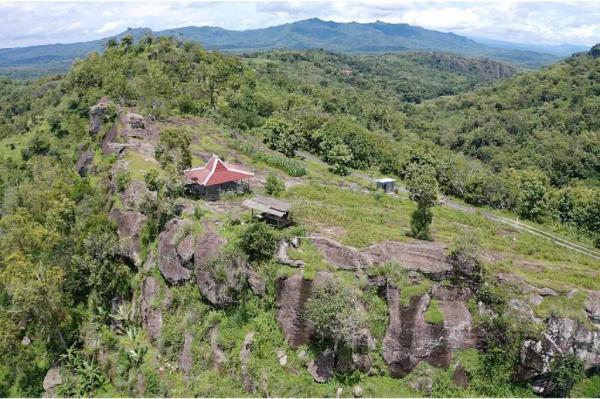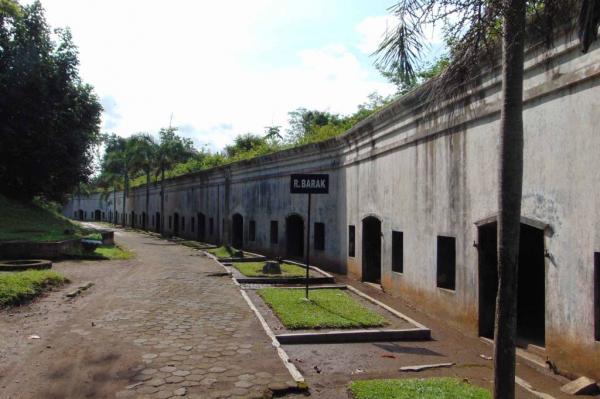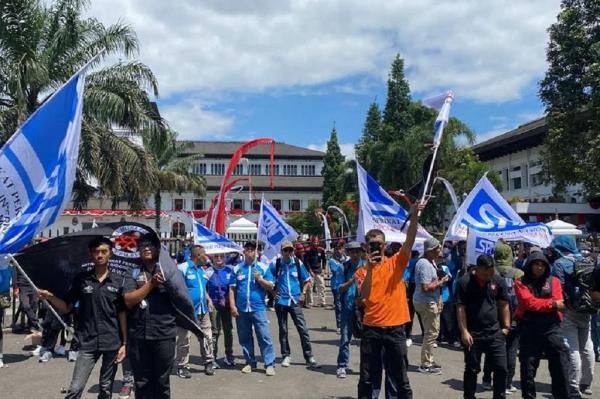Basillioh Rukanga and Akisa Wandera,BBC Africa
Fears are mounting of mass killings in the key Sudanese city of el-Fasher after the paramilitary Rapid Support Forces (RSF) captured it from government forces.
In a address on Monday evening, Sudan's military chief Gen Abdel Fattah al-Burhan said he had approved the withdrawal of troops in response to the "systematic destruction and killing of civilians".
The UN said there were credible reports of "summary executions", while Yale University's Humanitarian Research Lab referred to satellite imagery of "piles of bodies executed en masse".
The RSF has denied accusations of killing civilians and targeting non-Arab ethnic groups, despite evidence presented by the UN and human rights organisations.
The fall of el-Fasher in the Darfur region could mark a significant turning point in Sudan's civil war, which has killed tens of thousands and displaced nearly 12 million people since April 2023.
RSF fighters had been besieging el-Fasher for 18 months, trapping hundreds of thousands of civilians in the city and sparking a hunger crisis.
- El-Fasher siege: My son's whole body is full of shrapnel'
- A pregnant woman's diary of escape from war zone
Yale University's Humanitarian Research Lab told the BBC that since the city was captured, satellite images have shown "piles of bodies executed en masse, or shot by snipers attempting to breach" the city's perimeter wall.
And in a post on X, the research group's executive director described his shock at being able to see "apparent pools of blood" via satellite imagery.
"The horror, scale, and velocity of killing happening now [is] unlike anything I've ever seen in a quarter century of doing this work," Nathaniel Raymond said.
Similarly, a UN humanitarian team in Sudan said it was "horrified" by reports of atrocities like "summary executions", attacks on civilians along escape routes, sexual violence and house-to-house raids.
The Joint Force, an alliance of Darfuri armed groups supporting the military, said 2,000 civilians had been killed since the city fell. There is no independent confirmation of this.
Meanwhile, residents who managed to flee el-Fasher have told the BBC they are fearful and distressed after losing contact with relatives still stuck in the city.
One man said several of his relatives were "massacred", but he has not been able to contact any surviving members of his family as communication lines have been cut since the RSF took over.
"They were gathered in one place and all killed. Now we have no idea what has happened to those who are still alive," he said.
On Tuesday, the European Union said it wanted "all warring parties to de-escalate" the conflict, while the African Union condemned "alleged war crimes and ethnically targeted killings of civilians".
The World Health Organization (WHO) said the only hospital still functioning, albeit partially, in el-Fasher was attacked on Sunday.
A nurse was reportedly killed in the assault, it added.
UN head Antonio Guterres said he was "gravely concerned" over the current situation in the city, and condemned the reported "violations of international humanitarian law".
On Monday, after confirming the army had withdrawn from el-Fasher, Sudanese military chief Gen Burhan denounced inaction by the international community to end the RSF's atrocities and vowed to fight "until this land is purified".
"We can turn the tables every time, and we can return every land desecrated by these traitors to the nation's fold," he said.
.png)
 1 month ago
19
1 month ago
19

